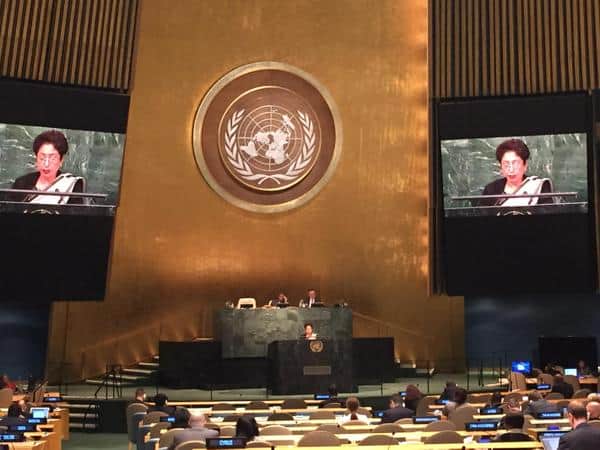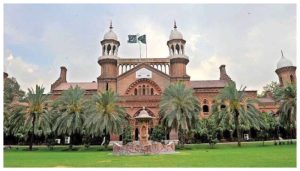UNITED NATIONS (Staff Report) – Regretting that the decades-old UN Security Council resolutions calling for a plebiscite in Kashmir remain unimplemented, Pakistan has stressed the need for a peaceful settlement of the dispute between India and Pakistan over the Himalayan state.
“Fulfillment of the long-held promise of self-determination to the Kashmiri people is urgent as well as indispensable to establishing lasting peace and stability in South Asia.”
Ambassador Maleeha Lodhi, permanent representative of Pakistan to the UN, told the General Assembly’s Third Committee, which deals with social, humanitarian and cultural questions.
Speaking in a debate on the “Right of peoples to self-determination,” the Pakistani envoy said despite the fact the Council’s resolutions on Kashmir were supported by Pakistan, India and the international community, they still await implementation.
The right to self-determination must be exercised freely; it did not lapse with the passage of time and the legitimate struggle for this right could not be cast aside by deliberately conflating it with terrorism.
“It is a travesty of law and morality that decades after these resolutions were adopted, the people of Jammu and Kashmir continue to be deprived of their fundamental right,” she said, adding, “Generation after generation of Kashmiris have seen only broken pledges and ruthless oppression.”
Human rights violations remained rampant, and over 100,000 had died in their struggle for self-determination.
In her speech, Ambassador Lodhi recalled Prime Minister Muhammad Nawaz Sharif’s forthright address to UN General Assembly in September in support of the Kashmir cause and his call for the peaceful resolution of the dispute in accordance with the aspirations of the Kashmiri people.
PM Sharif had also stated that the Kashmiri people were an integral part of the dispute and consultations with them were essential.
She said the continued suffering of Kashmiri women, children and men should shake the collective conscience of the international community.
“The 70th Anniversary of of the United Nations ought to be a catalyst to spur this body into action, and not just more words.
On racism, which Pakistan opposed in all its forms, Ambassador Lodhi supported the adoption of the action plan for the people of African descent, urging States to prevent faith-based discrimination and incitement to religious hatred.
“A contemporary form of racism is religious intolerance and discrimination on the basis of religion,” she said.
“Faith-based discrimination, stereotyping of people on the basis of their belief, incitement to violence through hate speech and acts of desecration are not only inconsistent with fundamental human rights and freedoms, but also jeopardize social harmony, global peace and security.”














